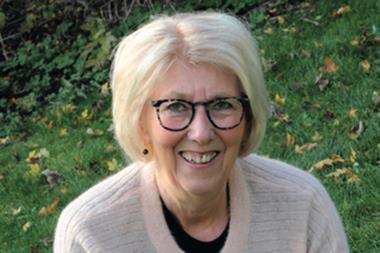The Swiss Federal Supreme Court (Bundesgericht) has rejected complaints filed to nullify the result of the referendum that saw the approval of the reform of the first-pillar pension system in 2022 with a razor-thin majority.
The complaints, filed by several private individuals and a political party according to the court, called for the invalidation of the public vote backing the increase of the retirement age for women, and the increase of value-added tax (VAT) to stabilise the financial situation of the first-pillar system (AHV).
The complaints were filed after the Federal Social Insurance Office (FSIO), which oversees the functioning of the social security system in Switzerland, informed the public of a mistake made relating to the financial outlook for AHV that led to an overestimation of costs.
The plaintiff objected to a lack of information available to voters on AHV’s financial outlook at the time of the referendum, while the outlook turned out to be better than expected after the FSIO reviewed expenses. It therefore called for another vote on the reform.
The Federal Supreme Court rejected the complaints saying that outlooks “are by their nature uncertain and the electorate is aware of this”, it said in a statement released last week.
However, the statement added that questions remain on whether “relevant misinformation” was spread among the public in violation of rules on the freedom to vote.
The Swiss government (Federal Council) said that “it takes note of the judgment”, and was awaiting details on the court’s ruling to draw the necessary conclusions.
The Green party has criticised the Federal Court’s ruling as the vote was not based on reliable figures and facts. “The bitter consequence for women: their retirement age, but not their pension amount, will be the same as that of men,” the party said in a statement.
“We are disappointed, we are sad, we are angry – rightly so,” said co-president of the social democratic party (SP) Mattea Meyer in front of the Federal Supreme Court in Lausanne following the ruling.
“The women affected [by the reform] were defrauded of a year’s pension, although the majority of women were clearly against the reform,” the Swiss Federation of Trade Unions, SGB USS, stated.
The Swiss Employers’ Association (Schweizerische Arbeitgeberverband) has welcomed the court’s ruling confirming measures to stabilise the AHV, it said.
The latest digital edition of IPE’s magazine is now available























